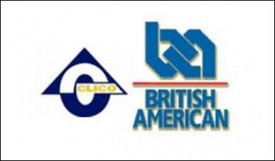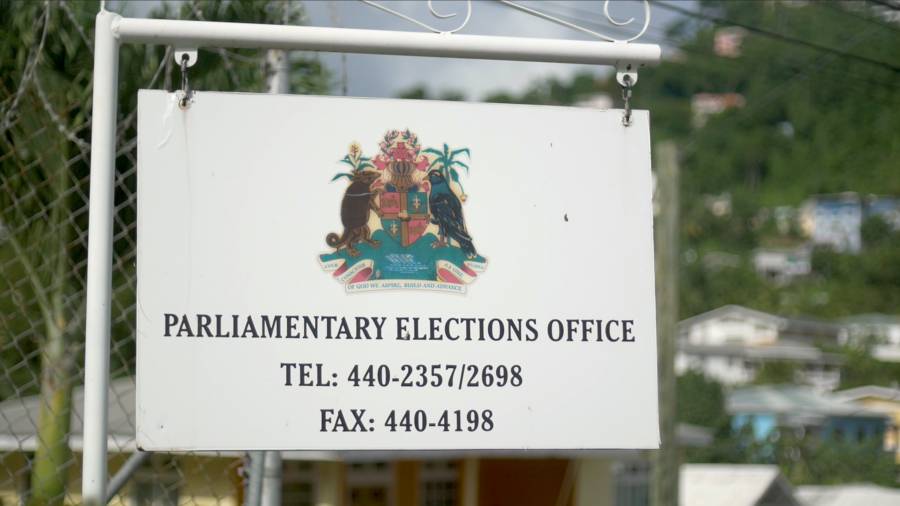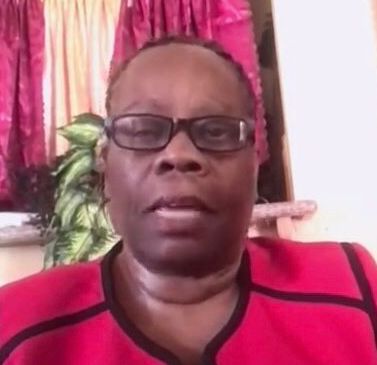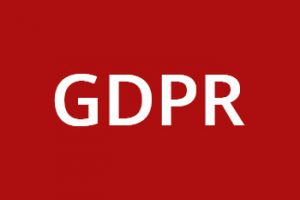Launch of Phase 3
The Governments of the Eastern Caribbean Currency Union (“ECCU”) are pleased to announce the commencement of Phase 3 of the ECCU Policyholders Relief Programme (the “Programme”).
Applications may be lodged with local BAICO branch offices from today, Monday November 25, 2013. Applicants should allow up to three months to receive payment.
Who is covered under Phase 3?
Phase 3 is for Owners or Assignees of:
- BAICO Executive Flexible Premium Annuity (Special Edition) (“EFPA”) or Flexible Premium Annuity (“FPAII”) Policies issued in the ECCU who have Principal Balances of over EC$30,000; and
- BAICO Flexible Premium Annuity (“FPA”) Policies issued in the ECCU who had an Accumulated Value at August 1, 2009 over EC$30,000,
AND
- Any BAICO policy of which at least one of the Owners is an individual. If the policy has been assigned, one or more of the owner/s of the original policy must have been an individual.
Owners or Assignees with policies in the above groups are to receive EC$30,000 for each policy in these categories. FPA policy Owners in the above group will also receive a refund for the premiums that they have paid since August 1, 2009.
Please note that Owners of these policies who are not individuals are not eligible for assistance at this time.
As a condition of payment, Owners and (if applicable) Assignees must sign an Application and Release Form. By signing that Form, they will be agreeing to waive their right to the equivalent amount of any future distributions that would have been made from the BAICO Estate. So, if a person receives EC$30,000 under Phase 3 of the Relief Programme, they will not receive any payment from the BAICO Estate until the amount of their allocated distribution exceeds EC$30,000.
The terms of Phase 3 of the Programme are contained in the Brochure and Application Forms, available on www.baico-intl.com and in BAICO branches.
The ECCU Governments reserve their right to make changes to the terms at any time, or to decline or defer the consideration of any application.
COMMONLY ASKED QUESTIONS
Will policyholders who receive EC$30,000 under this phase receive more later?
The amount that can be paid in future phases of the Relief Programme will depend on the amount and availability of future funding. It is not likely that additional payments would be made in 2014.
What is the Principal Balance? (EFPA and FPAII policies)
The Principal Balance is the total amount of contributions made to the Policy, less the amount of any withdrawals or partial payments.
What is the Accumulated Value of my policy? (FPA Policies)
The Accumulated Value is the amount calculated under the FPA Policy terms, which is generally the amount of contributions plus interest, less any withdrawals and fees.
What are the distributions from the BAICO Estate?
In future, it is expected that BAICO will make one or more payments, or distributions, to those creditors such as Policy Owners who are owed money by BAICO. The amount of those distributions will depend on the assets of BAICO, and their realization, as compared to the amount of BAICO’s remaining liabilities.
This is relevant to Phase 3, as persons who receive payment under Phase 3 of the Relief Programme will have that amount deducted from any future distribution that might have been payable to them from BAICO’s Estate.
Why are persons under Phase 3 being asked to give up some of their future distributions from the BAICO Estate?
In Phases 1 and 2 of the Policyholders Relief Programme, and also the ECCU/BAICO Health Insurance Support Fund, applicants had to waive the total amounts owed to them for their policies as a condition of receiving payment from the ECCU Governments. This ensured that those policyholders did not receive “double payments”, and it also meant that policyholders who had not yet received any payments benefitted, as the total liabilities of the BAICO Estate were being reduced.
Since it is possible that an additional payment could be paid to those who receive funds under Phase 3, those persons are only being asked to give up the same amount as the value of their payment. So, if you receive EC$30,000 under the Relief Programme, you are being asked to give up EC$30,000 from the amount that BAICO would have paid you in future distributions.
How do I apply for payment?
Attend your local BAICO Branch before March 31, 2014 to submit your Application and supporting documents. If all documentation has been provided, and the Application is properly completed, qualifying applicants should allow up to three months for processing of a standard application. Applicants not able to attend a branch in person may refer to the Brochure for options on how to submit their Applications.
What must Applicants bring?
When making an Application for payment it is essential that applicants bring:
- A valid photo Identification, such as your Passport or Driver’s License. This will be required for all Policy Owners. If a Policy Owner’s name has changed, they should also bring proof of that change of name; and
the original Policy. If your policy has been lost or destroyed, Policy Owners will need to sign a Lost Policy Declaration and pay a fee for advertising.
Once your original Policy is presented and processed with your application, you will receive it back with your payment, but the Policy will be marked to show the amount of the payment made under it. You should then retain your Policy in case it is needed for future phases, or to make your claim against the BAICO Estate.
Potential applicants are asked to ensure that they are the Owner or the Assignee of the Policy. The identity of the Policy Owner can usually be checked by looking at the original Policy document, or the Annual Report received in respect of the Policy.
Who must sign the Application Form?
Only One Policy Owner: The Owner of the Policy must sign the form.
Multiple or Joint Policy Owners: If there is more than one Policy Owner, ALL Policy Owners must sign.
Spouse Beneficiaries: If a Policy Owner’s current or former spouse is noted as either the Annuitant or the Beneficiary under the Policy, that person will also need to sign the Application Form. They will also need to attend the branch and present valid photo identification. If they are unable to attend the branch, separate arrangements will need to be made.
Assigned Policies: If your Policy has been assigned, both the Assignee and all Policy Owners who are required to sign must sign an Application Form. There is a special Application Form for assigned Policies. See more information below.
Death Claim: If there is a Death Claim under the Policy, a claim will need to be made before an Application Form is submitted. The process for making a Death Claim appears in the Brochure.
As part of the finalization of the claim, the correct person/s that can make the Application and receive payment under the Programme will be identified.
Assignments – when do these apply?
Many Policies will have been assigned to a third party, usually a financial institution in conjunction with a loan. If this has occurred, it is the assignee who will receive payment under the Programme, unless the assignment is properly released. All Policy Owners and the Assignee will need to sign the Application Form.
What type of Policy do I have?
The type of policy you have will appear on the original Policy document issued by BAICO, and will usually appear on the Policy Page under the heading “Schedule of Benefits”.
If you have an FPA, EFPA or FPAII policy, the Plan will be indicated as:
- “Flexible Premium Annuity” for FPA Policies;
- “Special Edition” or “Special Edition – US” for EFPA Policies; or
“Flexible Premium Annuity II” or “Flexible Premium Annuity II – US” for FPAII Policies.
As a general guide, EFPA and FPAII Policies were mainly funded by a single premium payment to BAICO, and often used as shorter term investment offering higher returns to Policy Owners. FPA policies were traditional policies, often used as regular contribution policies to save for retirement.
Please note that the above description is a general guide only, and the circumstances of many Policy Owners may be different to the above.
If you are still unsure about the type of Policy that you have, your local BAICO branch should be able to assist you.
Phase 2 Application Period to close on December 31, 2013
Applications under Phase 2 of the Programme, which commenced in March 2013, will close on December 31, 2013. This application period has been extended to allow additional time for persons living outside the ECCU.
Policy Owners and Assignees must lodge their application prior to this date. Applications received after this date will be declined, and no payment will be made.
Acknowledgement
The ECCU Governments acknowledge and express their appreciation to the Government of the Republic of Trinidad and Tobago, which has, to date, provided, and further committed to provide, a substantial amount of funding to support the ECCU Governments’ response for BAICO policyholders.
The Governments also express their appreciation for the valuable assistance of the Judicial Managers and Administrator and staff of BAICO, both in the ECCU and in The Bahamas, and to the management and staff of the British-American Insurance in Trinidad for their assistance in implementing this Programme.
Issued by The Governments of the Eastern Caribbean Currency Union
November 25, 2013























